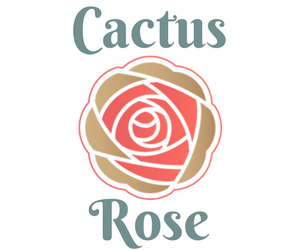Following a low fat diet is ingrained in many people’s psyche – a diet hang over from the 1970’s where government recommendations were that in order to lose weight and reduce your cholesterol, you cut out fat from your diet.
It’s quite clear however that that this advice didn’t get us anywhere, in fact since the 70’s the obesity rate has more than doubled proving that a low fat diet simply isn’t the answer.
It makes sense logically though that if you were to eliminate the macronutrient (fat) that provides us the greatest number of calories at 9 calories per gram, which is double that of protein and carbohydrates at 4 calories per gram, surely this would create weight loss from a calorie deficit. But like with most nutritional topics, it just isn’t as simple as that.
The Mediterranean diet is known as the healthiest diet in the world and one of its features is that it’s rich in ‘good’ unsaturated fats from olive oil, avocado, nuts and seeds.
In a study conducted on a group of men and women, one group was asked to follow a Mediterranean diet that contained olive oil or nuts and the other group was asked to simply reduce their dietary fat intake.
The group who followed the Mediterranean diet lost more weight and waist size than the group who reduced their fat intake.
So why is this the case? Firstly, the Mediterranean diet has several other special features too – minimal processed foods, an abundance of fruits and vegetables as well as rich sources of animal and fish proteins. In order to lose weight, there is no doubt you need to reduce your total calorie intake.
Without being instructed however, those in the Mediterranean diet study group did in fact reduce their total calories.
The combination of those healthy fats as well as the lean proteins and minimal processed foods in such as diet are so filling and satisfying, it’s likely that those participants ate less and needed to eat less frequently, thereby reducing their total calories.

Fat also makes foods palatable – food tastes better and we tend to get more enjoyment from it. Fat also appears to help turn off the hunger triggers that are sent to the brain so it basically signals to the brain that we’re full.
Restricting daily calories too dramatically as well, which is a typical strategy for weight loss can also be a problem as this tells the body there’s not enough fuel available so it begins to slow down metabolic processes to conserve energy, which includes holding on to those fat stores for dear life.
If you were to eat a diet rich in fats from fatty or processed meats, fried starchy foods like chips or battered fish or sweet foods like cakes, ice cream, muffins and biscuits then this is a sure fire way to increase your total calories, throw out your blood sugar and insulin levels and ramp up your appetite, all causing an increase in your weight.
On the other hand, if your diet mostly contains those precious plant fats that have been consistently linked with excellent health such as oily fish, nuts, avocado and olive oil in combination with wholegrains and plenty of fruit and vegetables, this can help to stabilise blood sugars, manage appetite and keep calories down – all a proven recipe for achieving a healthy weight, not to mention improve your health and longevity.
By Jaime Rose Chambers | Eat Fit Food’s Dietitian and Nutritionist
